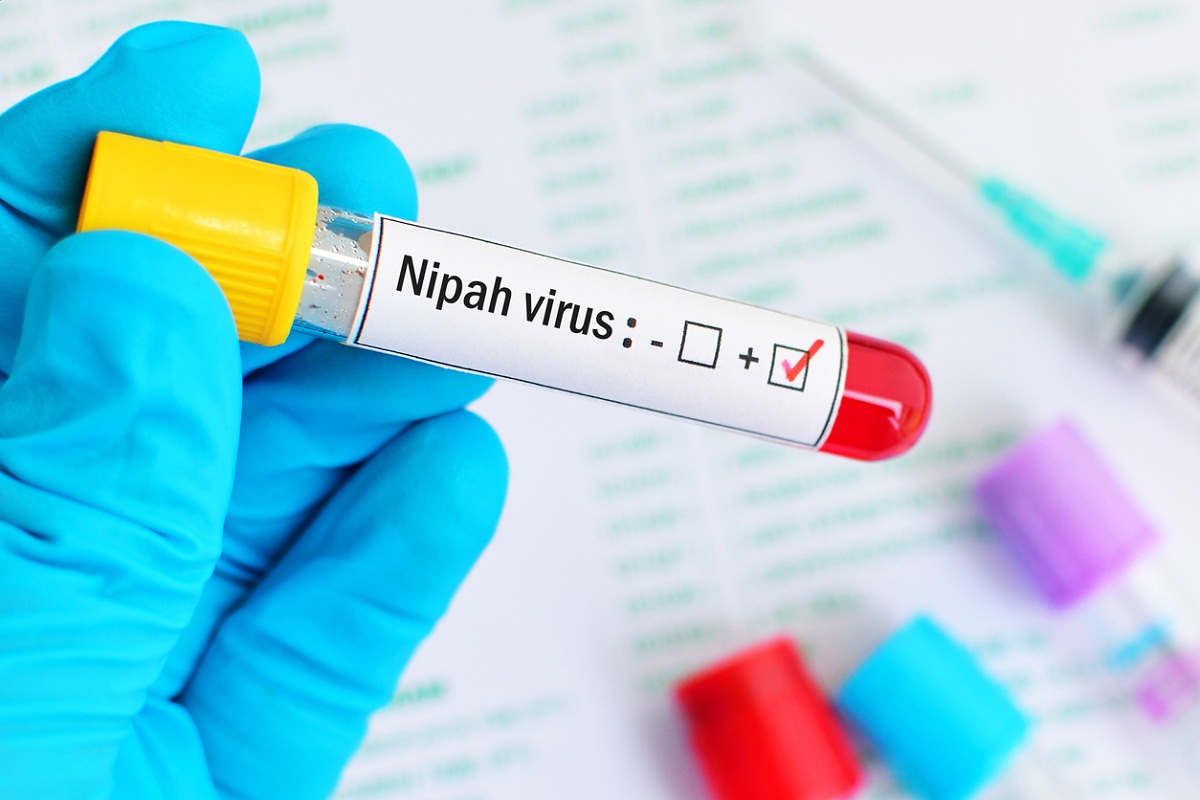A novel monoclonal antibody against the Nipah virus is set to undergo human clinical trials in India, and Bangladesh — two countries that suffer Nipah outbreaks almost every year — in 2025, according to a report on Thursday.
Nipah virus, a zoonotic disease of the Paramyxovirus family, kills up to 75 per cent of the people it infects. The lethal disease also has a high transmission rate. To date, there are no approved treatments or vaccines against it.
The trial aims to assess the safety and tolerability of Nipah monoclonal antibody (mAb) MBP1F5 — developed by the US-based Mapp Biopharmaceutical — a protein that mimics natural antibodies by binding to the virus and preventing infection.
The company has received $43.5 million in funding from the Coalition for Epidemic Preparedness Innovations (CEPI) and is intended to commence human trials in 2025, pending regulatory approval.
The trial will assess MBP1F5 in healthy adults at multiple clinical trial sites in India and Bangladesh.
The funding will also support preclinical studies seeking to expand the use of the mAb from pre-exposure prophylaxis (before someone is exposed to a virus) to post-exposure prophylaxis, that is, for people shortly after infection with the virus.
“A monoclonal antibody capable of offering immediate protection for caregivers and others at risk of infection would be an important addition to our armamentarium against the Nipah virus,” said Richard Hatchett, CEO of the Coalition for Epidemic Preparedness Innovations (CEPI).
The new Nipah mAb can bind to the Nipah virus F protein — preventing the virus from entering a host cell and causing infection in people. This mechanism can offer protection against both known strains of Nipah virus (Bangladesh and Malaysia) and its closely related viral cousin, Hendra virus, for at least six months — enough time for vaccine immunity to build, according to the company researchers.
According to Brent Yamamoto, from Mapp, in preclinical models, MBP1F5 has shown incredible potential for preventing and treating Nipah.












